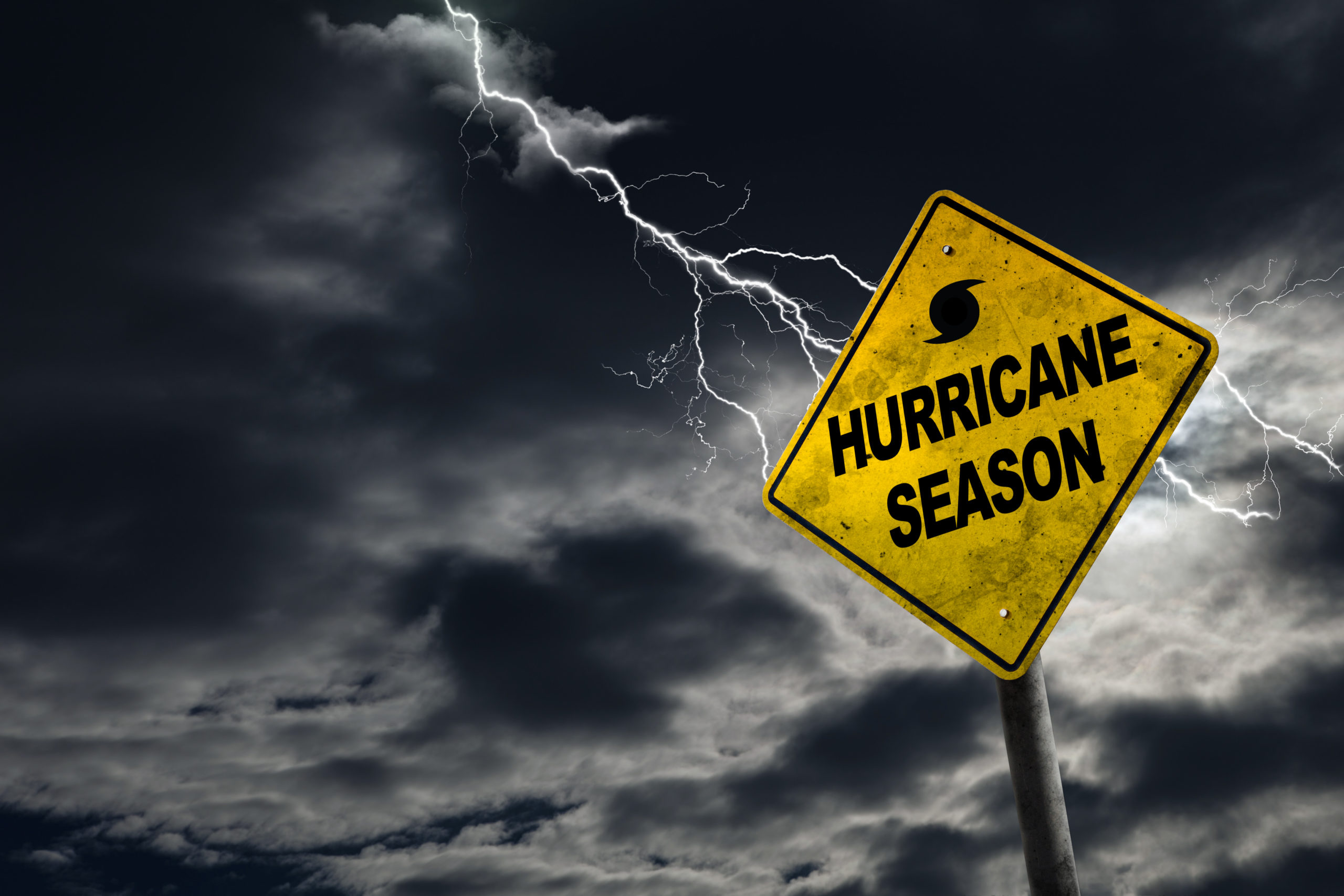Hurricane Season is Here: Are You Prepared?
August 5, 2021
NOAA’s Climate Prediction Center is predicting another above-normal Atlantic hurricane season. Forecasters predict a 60% chance of an above-normal season, a 30% chance of a near-normal season, and a 10% chance of a below-normal season. If this offers any peace of mind, experts do not anticipate a repeat of the historic level of storm activity seen in 2020. How best to prepare?
A colleague once confided that she felt ill-prepared as an approaching hurricane was a day from landfall and asked me for some advice. Offering such advice can be problematic, as I never quite know where to start. For example, I don’t want to be that guy who reminds others to have the obvious items — bottled water, batteries, flashlights, etc. Everyone knows this, right?! As it turned out, my friend was not even sure she had any flashlights in her house. I told her she might want to get one or two and reminded her most require batteries. She called a few hours later to say the stores were out of batteries. Preparation tip 1: make your plans well in advance.
Following are some less obvious but still essential risk management tips I have learned from hardened hurricane survivors in Florida and elsewhere who have shared the valuable lessons they learned having experienced many hurricanes:
- Wind will enter a home through the most vulnerable area, and that area is often the large exterior door of an attached garage. Once winds enter a garage, it causes an “uplift” on the ceiling, creating pressure that removes the garage roof, often enabling the wind to enter the home’s interior.
- Since it is hard to know whether the door is strong enough to resist hurricane-force winds, fortify it by parking cars inside the garage so that the rear bumper abuts the garage door. Many in Florida further fortify their garage door with plywood, 2 x 4 reinforcements, etc., to prevent the door from collapsing and wind from entering.
- If you do not already own a generator, consider buying one while they are available. For those who already have generators, it is good to test it to ensure it is functioning properly and make sure there is ample fuel.
- A comedian once observed that the danger in hurricanes is not THAT the wind is blowing; it is WHAT the wind is blowing. To avoid gas grills, portable propane tanks, and picnic tables from becoming projectiles, be sure to bring inside the many items that are outside that can be hurled through your windows!
- In anticipation of power surges before an outage, unplug all vulnerable electronic equipment.
For a much more complete list of suggestions, FEMA has prepared this useful guide on avoiding hurricane damage.
Feel welcome to contact Lyons Companies, who can optimize your insurance protection from the extensive damage hurricanes can cause.


